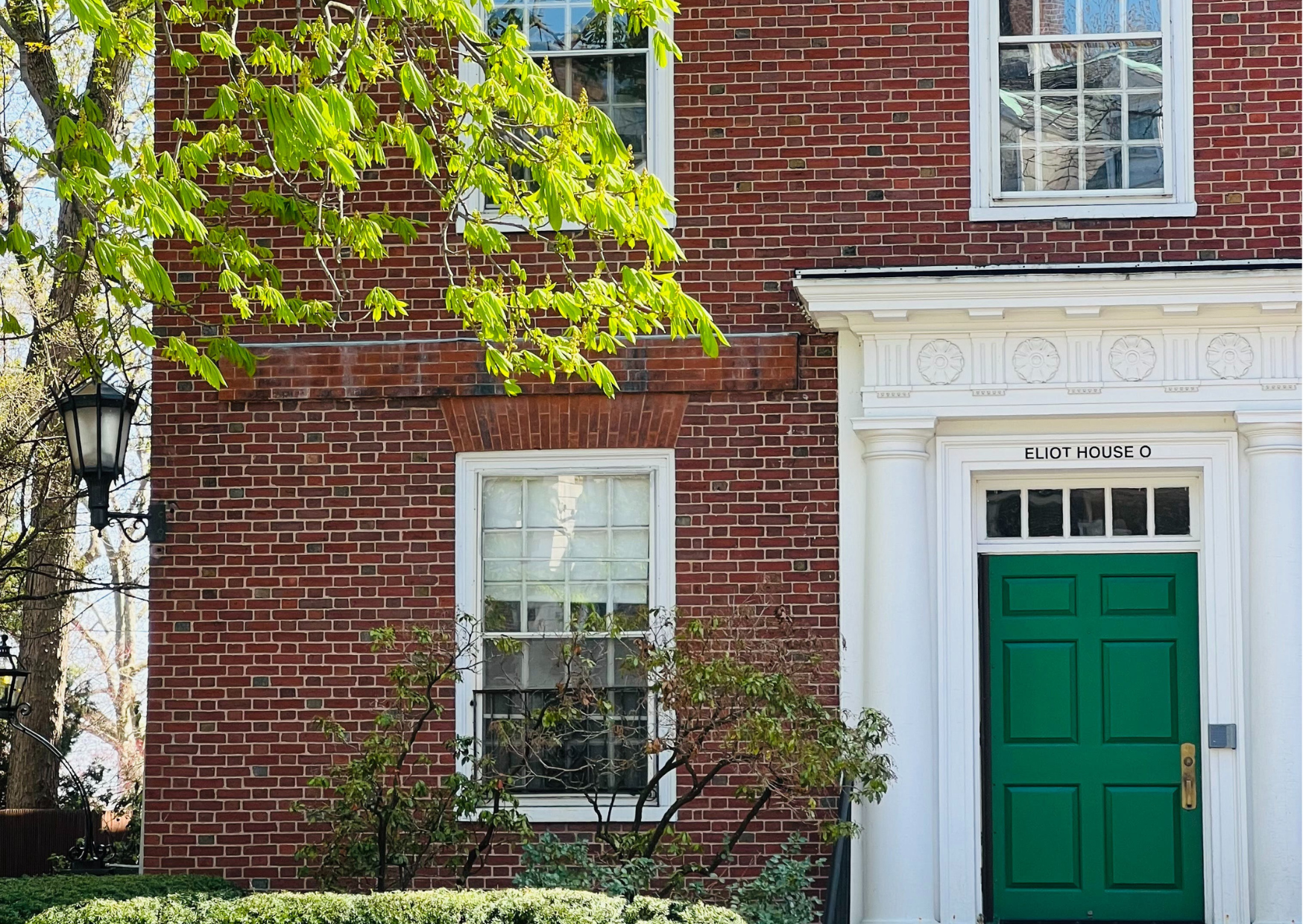What Is a Rooming House?
A rooming house is a building or apartment where one or more rooms are rented out, usually to four or more people, each under separate rental agreements. Unlike share houses, where renters may apply together, in a rooming house, the operator typically selects individual occupants and manages their agreements separately. These renters often share facilities such as kitchens and bathrooms.
Rooming houses must be registered with local council and comply with legal and operational requirements under the Residential Tenancies Act. While many rules are the same as those of general rental properties, rooming houses have additional responsibilities and standards specific to their accommodation type.
Legal Responsibilities of Rooming House Operators
Rooming house operators must understand and uphold a wide range of legal obligations, including:
- Registering the property with the Shire of Cardinia or City of Casey local councils
- Licensing requirements for operators and managers
- Adhering to property condition and safety standards
- Managing occupancy limits per room
- Providing individual rent receipts
- Enforcing clear house rules
- Issuing valid notices to vacate and handling evictions lawfully
- Using prescribed forms that differ from standard rental agreements
Some of the key forms used include:
- Fixed Term Rooming House Residency Agreement
- Disclosure Statement by a Rooming House Operator
- Condition Report (specific to rooming houses)
- Rent Increase Notice to Resident
- Information for Rooming House Occupants
- Rooming House Residents Guide
What’s Changing?
Proposed Minimum Standards - 2024 and Beyond
In line with the Victorian Government’s Gas Substitution Roadmap and its commitment to achieving net zero emissions by 2045, new energy efficiency and safety standards have been proposed for both general rental properties and rooming houses. These will be introduced under the Residential Tenancies and Residential Tenancies (Rooming House Standards) Amendment (Minimum Energy Efficiency and Safety Standards) Regulations 2024.
These standards aim to improve energy efficiency, safety, and comfort for renters and rooming house occupants including minimum standards for ceiling insulation, draughtproofing, hot water systems, cooling, and the uplift of current standards for heating and shower roses. Here's what landlords and rooming house operators need to know:
Key Proposed Standards & Compliance Triggers
|
Standard |
When Compliance Is Required |
|---|---|
|
Ceiling Insulation: |
From 30 October 2025, if there’s no insulation and a new rental agreement is signed or a lease converts to periodic. |
|
Cooling: |
From 30 October 2025, if there’s no existing cooling when a new lease begins or converts; by 30 October 2027, all properties must have fixed cooling. |
|
Draughtproofing: |
From 30 October 2025, for new rental agreements or lease conversions. |
|
Heating (Rentals): |
From 30 October 2025, when existing heating systems reach end-of-life. |
|
Heating (Rooming Houses): |
From 30 October 2025, if no fixed heating exists, or when existing heating reaches end-of-life. |
|
Hot Water Systems: |
From 30 October 2025, at end-of-life of the current system. |
|
Shower Heads: |
From 30 October 2025, for new rental agreements or lease conversions. |
These changes will impact property owners, managers, and investors by requiring upgrades to ensure compliance, particularly in older rooming houses and older investment properties.
Read the full Regulatory Impact Assessment HERE.
Why This Matters for Rooming House Investors and Rental Providers
The introduction of minimum energy efficiency standards is certainly challenging for rooming house owners and property investors, with rental providers and rooming house operators potentially needing to invest in infrastructure upgrades, like installing ceiling insulation, upgrading heating systems, or ensuring draughtproofing, however properties that comply will likely become more appealing to tenants, potentially attracting higher demand and longer tenancies, benefiting investors is the long run.
If you're considering entering the rooming house market or currently operate one, now is the time to review your property's compliance and develop a plan for future upgrades.
Need Expert Guidance?
Our experienced property management team at First National Real Estate Neilson Partners is here to help property owners navigate responsibilities under the Residential Tenancies Act and prepare for upcoming minimum standards.
Whether you’re investing in a rooming house or need help managing an existing property, we offer expert advice and support tailored to your needs.







